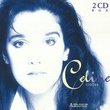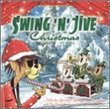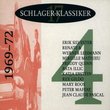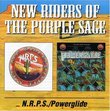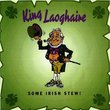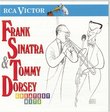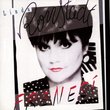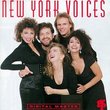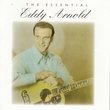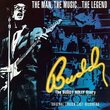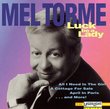| All Artists: Willie Dixon Title: Big 3 Trio Members Wishing: 4 Total Copies: 0 Label: Sony Original Release Date: 8/28/1990 Re-Release Date: 8/20/1990 Genres: Blues, Pop, R&B Styles: Chicago Blues, Traditional Blues, Acoustic Blues, Jump Blues Number of Discs: 1 SwapaCD Credits: 1 UPCs: 074644621624, 074644621648 |
Search - Willie Dixon :: Big 3 Trio
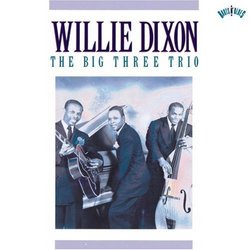 | Willie Dixon Big 3 Trio Genres: Blues, Pop, R&B
|
Larger Image |
CD DetailsSimilar CDs
Similarly Requested CDs
|
CD ReviewsMeaty, beaty, big and bouncy. Yaakov (James) Mosher | Connecticut, USA | 08/04/2008 (5 out of 5 stars) "Once upon a time, before he took to laying the cornerstone of Chicago blues, Willie Dixon was part of a well-paid touring group known as the Big Three Trio. Flanked by friends Leonard "Baby Doo" Caston and Ollie Crawford (who replaced Bernardo Dennis early on), the group's instruments act as tools unleashing the anxiety left over from World War II. This is especially true of conscientious objector Dixon's bass, thumping like Big Ben over war-torn London, offering constancy and hope of recovery.
Dixon's genius can be glimpsed as metaphorically he squares the circle. While his instrument offers consistency (respectability, if you will) his lyrics contain humor, playfulness, and pathos. The froggie sound of "Tell That Woman" links Dixon with the Delta blues, showing his range. Besides being a rock-ribbed blues standard, "Cool Kind Woman" hints at the promiscuity and divorce currents that would swamp post-WWII America, doing their most severe damage to the black community. "Money Tree Blues" reflects Dixon's personal creative dilemma as well as that of the nation after the war. Money kept Dixon (later king of Chess Records) distant from some parts of the blues world. As he told Don Snowden in his 1990 biography "I Am The Blues" - (this comment is reprinted in the CD's linear notes) - "We could make all the big clubs, but they couldn't hire us on the blues circuit because we were asking...Hell, we started making about $375 a week!" (Think in 1946 dollars). The national manifestation is summarized in William Faulkner's 1959 novel "The Mansion" when ex-convict Mink Snopes asks about America's WWII opponents. A truck driver responds - "If they had let us lick the Russians too, we might a been all right. But they just licked the Krauts and Japs and decided to choke everybody else to death with money." While using three-part harmony singing and playing on paradoxical energy created by battle fatigue (several songs have the words "boogie" and "stomp" in their titles) in satisfying the mainstream, Dixon winked to his lesser-paid brothers and sisters in the blues and jazz worlds, showing he was still one of them. Thanks partly to Caston's piano and Crawford's guitar, Dixon pulls off the binocular feat by recording two songs by another great genre straddler - Duke Ellington (a.k.a. the Duke of Elegance). Big Three Trio versions of "Etiquette" and "You Don't Love Me No More" are alone worth the price of this important CD (part of the Roots N' Blues series). Upon hearing "Juice-Head Bartender" blues fans will say "case dismissed" to any suggestions Dixon polluted himself by playing to mass audiences as part of the Big Three Trio. Lastly, a postcard to Dixon in Heaven - "Good name for a group - Big Three Trio. But isn't that redundant?" " |

 Track Listings (21) - Disc #1
Track Listings (21) - Disc #1